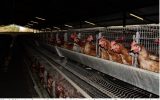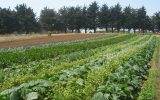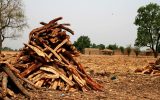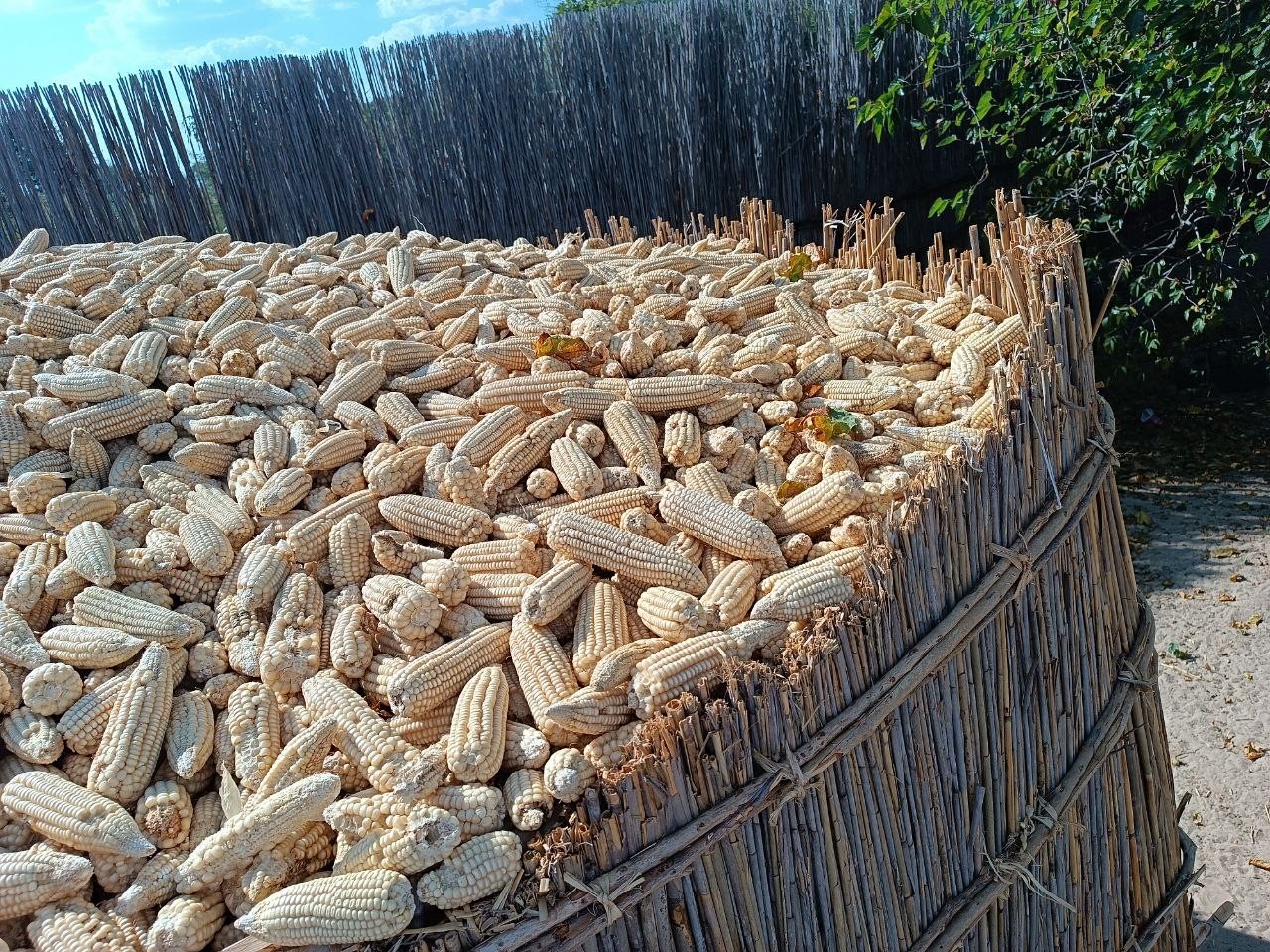Collaborative project harnesses advanced technologies to boost crop production and food security in Namibia.
The Food and Agriculture Organization of the United Nations (FAO) and University of Maryland (UMD)/NASA Harvest, funded by the United States Agency for International Development (USAID) Bureau of Humanitarian Assistance, are collaborating on a project called “Improved Yield Estimates to Inform Agricultural and Food Security Interventions.”
The project aims to enhance the accuracy, accessibility, and readiness of crop production data using remote sensing yield forecast models. Its objectives include providing better yield estimates for agricultural and food security interventions in Namibia, improving the analytical capacity of stakeholders, and generating early warning information for targeted agricultural interventions.
Since November 2022, the Ministry of Agriculture, Water and Land Reform (MAWLR), in partnership with FAO and UMD/NASA Harvest, has been carrying out field data collection across seven northern regions of Namibia namely: Oshikoto, Oshana, Ohangwena, Omusati, Kavango West, Kavango East, and Zambezi.
The data collection phases focused on agricultural inputs availability, preliminary crop estimates, and post-harvest assessments to determine the actual harvest yield.
Smallholder farming and subsistence agriculture are prevalent in these regions, making them vulnerable to climate change and other environmental factors. The FAO and UMD/NASA Harvest project aims to collect accurate data on crop yields and other relevant information to provide tailored interventions that address the specific needs of farmers in these regions.
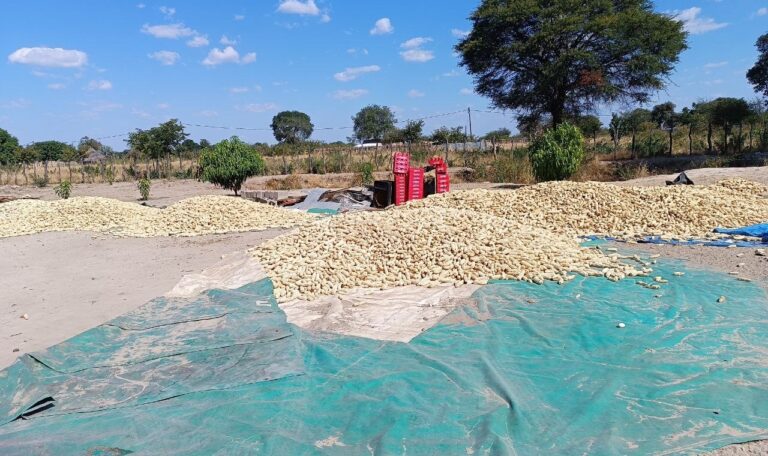
“The accurate data on crop yields and other relevant information collected through the project will enable FAO, UMD/NASA Harvest, and MAWLR to provide tailored interventions that address the specific needs of farmers in the regions,” said Gift Kamupingene, FAO National Project Coordinator.
The partnership benefits from advanced technologies such as remote sensing, machine learning, and artificial intelligence. These technologies allow for the collection of accurate and timely data on a large scale, providing a comprehensive understanding of the challenges faced by farmers in Namibia.
“The sample size has significantly increased, allowing us to achieve broader coverage of farmers and obtain reliable responses,” said Johanna Shapwa, Agro Business Analyst in MAWLR’s Division of Statistics and Business Information.
According to Shapwa, the use of remote sensing technology has facilitated the collection of extensive and timely data thereby enhancing the capacity of government to analyze and consider potential interventions.
“The project’s use of advanced technologies and data collection efforts will contribute to addressing the challenges faced by farmers in Namibia,” she noted.
adapted from: FAO news




